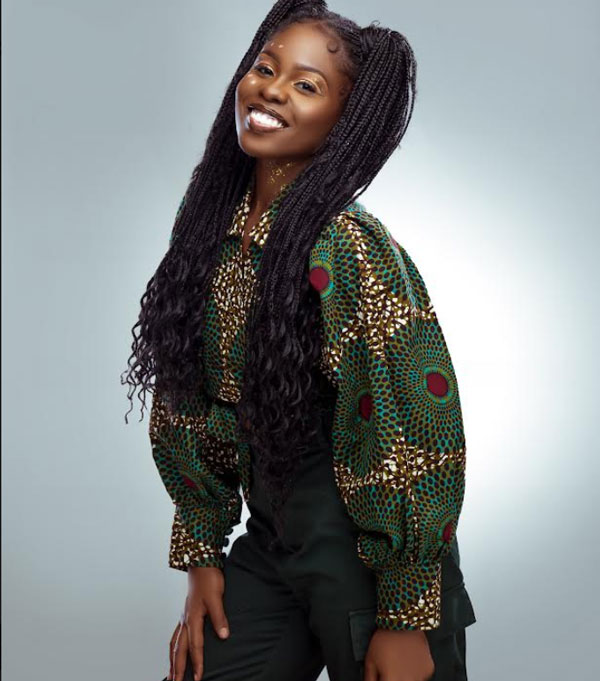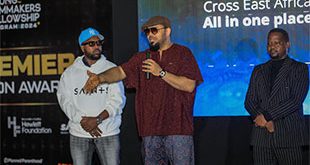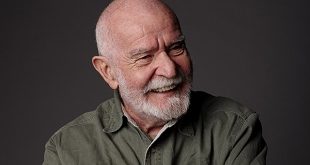
SPECIAL FEATURE | THE INDEPENDENT | Female representation in film is a crucial issue that has been a concern in the industry for a long time. In recent years, there has been a growing movement to increase the number of women in film, both in front of and behind the camera. This is particularly important in Africa, where women have historically been underrepresented.
MultiChoice Talent factory stepped up with an initiative aimed at training and developing the next generation of African creatives. The program provides a platform for aspiring filmmakers, producers, writers, and directors to learn from industry professionals while gaining hands-on experience. The training covers various aspects of filmmaking, including storytelling, directing, production, and post-production.
Several alumni of the MultiChoice Talent Factory have used skills to help their communities in telling their stories better. Film maker and musician Ann Nassanga also known as Alfie is using the skills imparted during the MTF cohort she was in to create short films and documentaries highlighting the plight in the rural areas of Uganda like Amudat district.
Nassanga has a background of Bachelors of Science in Dental Technology from Makerere University but made a switch to the entertainment industry after a depression battle. “It comes as a big surprise for many people that I studied sciences but I love them very much, However I had a season in my life where I battled depression. The only way I managed to cope was through singing and writing melodies,” Nassanga confesses.
She says it was this music that introduced her to film. “We had working fellowships with my colleagues, we would meet and sing while shooting short films.” Nassanga explains where her passion for film began. “One day as we were shooting, someone dared the ladies to also shoot a film, and that is how my first short film, Pages came to be,’’ Nassanga fondly recounts.
Nassanga appreciates the MultiChoice Talent Factory for nurturing the talent that she had, enabling her to create productions that have collected awards.
“The Academy has helped to validate my work- before I got into it, I was doing a few short films but most of the time I was really unsure of what I was doing. You know sometimes you really need someone to tell you that what you are doing is good and then they help grow it.” Through this, together with some of her classmates, they shot and produced Cheza, a film that won in the Kalasha awards.
Nassanga adds that some of the productions she has created have managed to scoop awards.
“Currently I have a documentary film out, Little Faith-it is about Karamoja’s first female doctor, Faith Nangiro. She was presented as child bride but refused, and decided to pursue her academics. She is actually the only female doctor in Karamoja,” Nassanga adds that the documentary film won the award for best Documentary film at the Uganda Film Festival. “We were pretty excited and honored that this all female crew could win an award that big.” she added.
For the documentary, Nassanga says she wanted to rewrite the narrative of the African story “I aimed to rewrite the story of the Ugandan girl, poorly educated, diseased, poverty-all associated with the region. What is it like to be a girl born in Karamoja? Her dreams stand a chance “I know what people used to say about Karamoja but I wanted to show the world that you have a choice to decide what you want to be. Karamoja deserves a positive story, a story of life, with authenticity,” she noted.
Nassanga further mentioned that apart from film making, together with Dr. Faith from her documentary, they started the Little Faith foundation where they empower and educate ladies in Amudat district. “We are currently running a training of young female creatives and film makers and we are on our 4th cohort. We also encourage these girls to take place in competitions that boost their confidence through the Miss Kalaverse Competition in Music Dance and Drama, poetry and fashion.
She encourages young passionate film makers to seize the opportunity and just start, “Just begin, the climate and environment we live in can be discouraging because resources are hard to come by. We are a young population with a lot of creativity, innovation, energy all we need to do is just begin, there is room and space for African stories so all we need all hands on deck.”
She concludes by encouraging Africans to take charge of narrating the African Story. “Most importantly as Africans, we have amazing stories and we need to tell them ourselves before foreigners come and take them away and tell them in their own way,” she counseled.
Nassanga has directed other films such as; Pages, Cheza, Happy Birthday Momo, Downside and with a new upcoming mini documentary called Waba.Top of Form
 The Independent Uganda: You get the Truth we Pay the Price
The Independent Uganda: You get the Truth we Pay the Price



